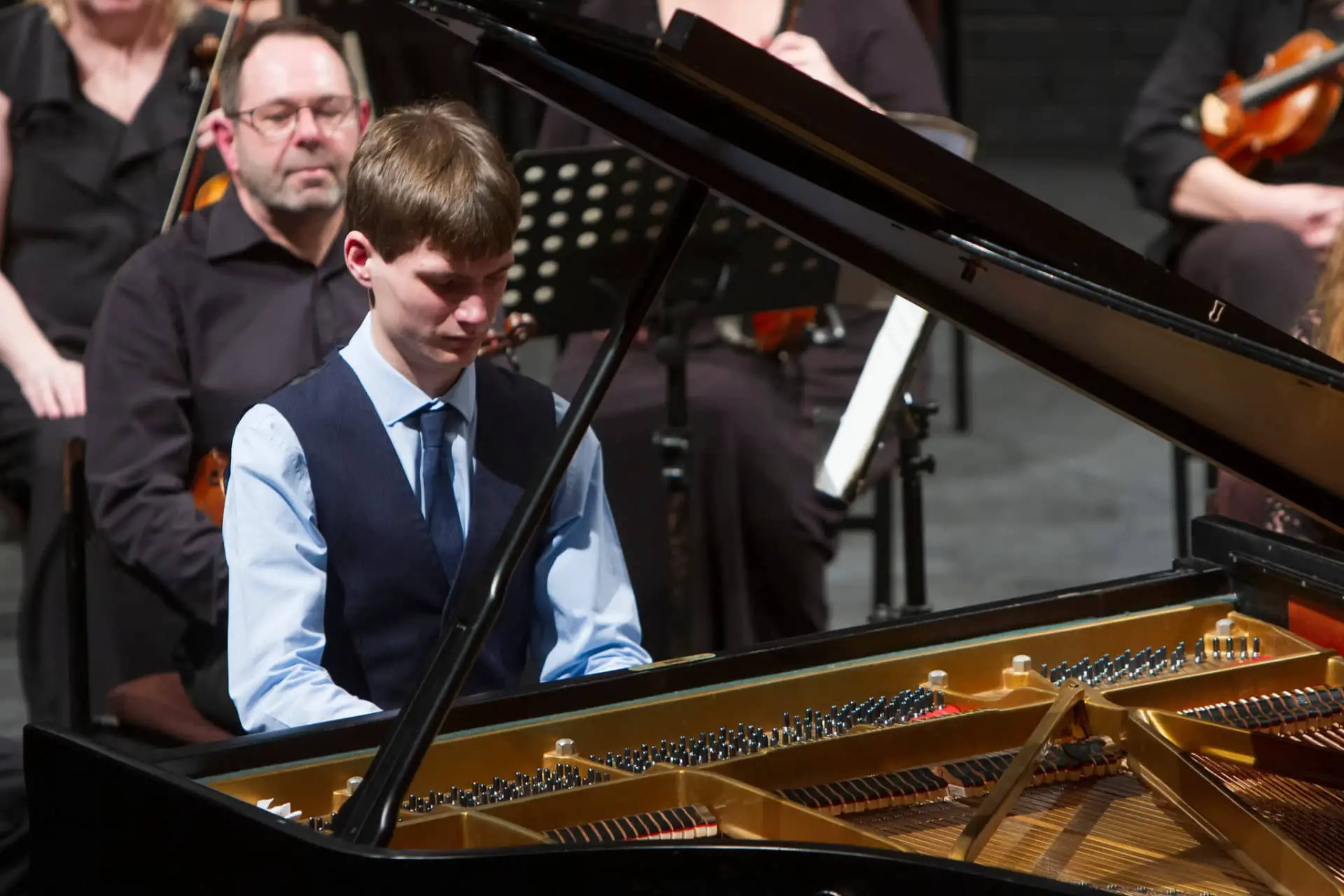Jonathan Dodd shares his review of the latest Isle of Wight Symphony Orchestra (IWSO) concert. Images with kind permission of Allan Marsh LRPS. Ed
Last Saturday, 21st January, I was privileged to attend the second concert of the Isle of Wight Symphony Orchestra’s 2022-2023 season. And, to be completely honest, it was a corker.
Not only did it feature some wonderful music, but also it introduced me to two new musicians I hadn’t known before, both young and from England, and both sat at the start of what I believe will be glittering careers. The guest conductor James Thomas, and a young pianist called Thomas Luke, who originated on this very island. Both were about to make me very happy and very excited.
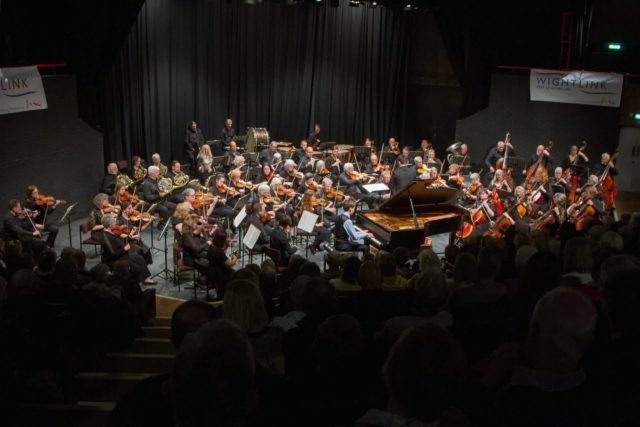
There was an exceptional sense of anticipation amongst the audience who packed the Medina Theatre, rather like a large group of home supporters, eager to see and hear someone they either knew or had heard about. I could also sense an extra alertness and concentration amongst the orchestra, as if they knew that something special was about to happen.
Hansel and Gretel
The theatre fell silent as Mr Thomas swept in, with a long black coat and a sense of fierce urgency about him, as the first piece began. The Overture to Hansel and Gretel was composed by the original Engelbert Humperdinck in 1890, as a present to his fiance and the beginning of his opera, with verses written by his sister. I have always thought the hijacking of his name to have been a travesty, but I hope he might forgive us for that. His music lives on, it is delightful.
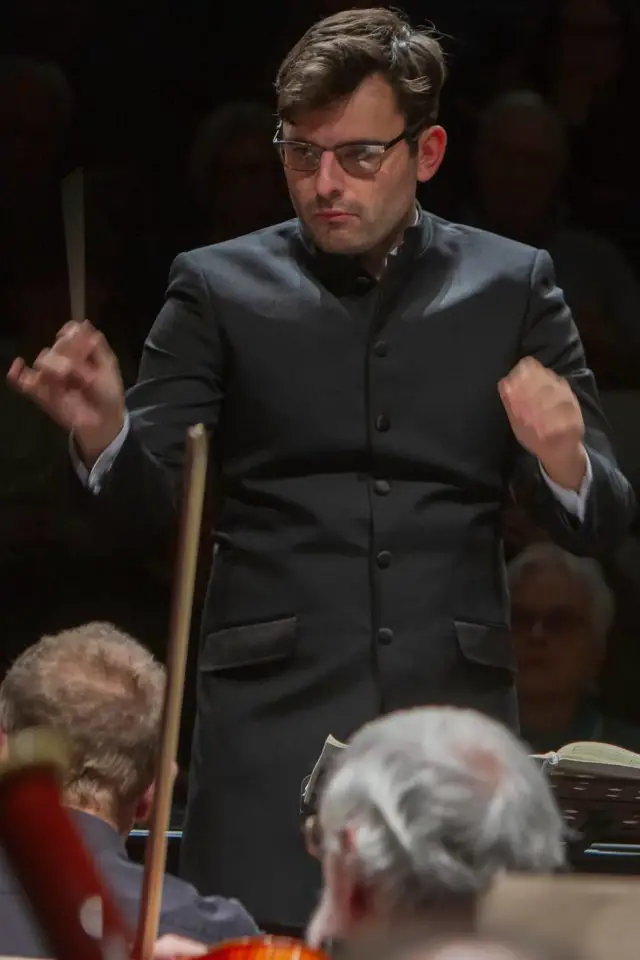
The overture begins gently, with a lovely theme from the French Horns, and unfolds through the introduction of many of the songs and dances that feature in the opera. The music is lightly composed, with occasional lively tunes and some dramatic scenes, and some opportunities for individual instruments to feature. The whole piece was delicately and crisply conducted by Mr Thomas, and was very satisfying as an entree to the evening’s music.
Epic Piano
Then there was a pause while the violins moved aside and reformed as the piano was put in place, and the audience arranged themselves in readiness for the arrival of Thomas Luke, who was to play Rachmaninoff’s Second Piano Concerto, written in 1901.
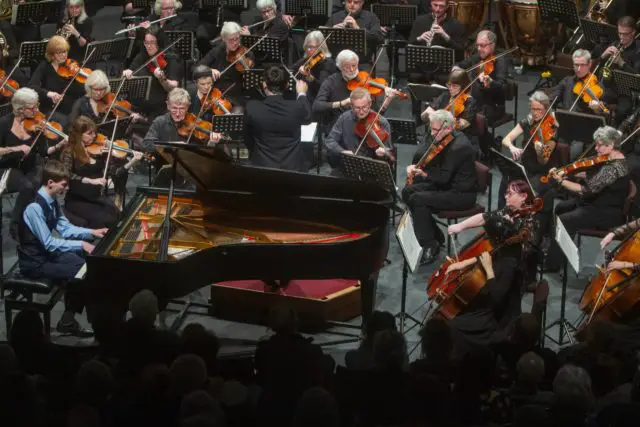
This must be one of the most famous and iconic pieces of music ever, and has been used in numerous ways, most famously as a backdrop to Noel Coward’s great Brief Encounter film. It’s a masterpiece of big dramatic romantic themes, and requires huge presence and skill.
Mr Luke arrived on the stage with unshowy confidence belying his youth, and sat very still and calm at the keyboard, before launching into those first quiet chords that become louder and louder until the orchestra comes in, and his fingers danced up and down the keyboard, as if preparing themselves for the joyful tempestuous performance to come.
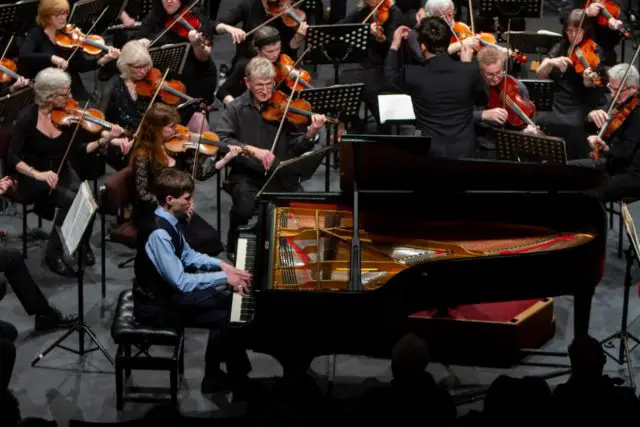
Mr Luke proved himself entirely capable of transfixing the audience with this magnificent work, and both Mr Thomas and the entire audience were utterly concentrated on him and their own contributions to the whole. I was moved to tears at the beauty of being part of a great moment when people come together to witness and become lost in a great performance. My own inner voice became completely still as I was swept along by it all, in a sort of joyful ecstasy. This type of music goes straight to the heart, and mine was lost.
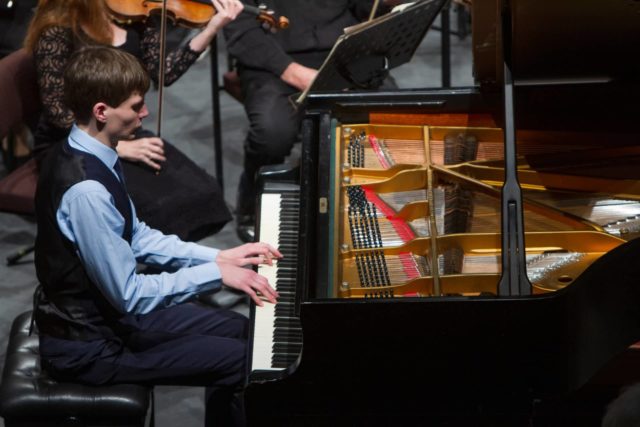
There was thunderous applause at the end from a standing audience, and many calls for an encore. Mr Luke duly returned, and treated orchestra and audience to a marvellous delivery of Edvard Grieg’s delightful solo piano piece ‘Wedding Day at Troldhugen’. I could see the faces of the audience during this, and I could see them entranced by his playing and their obvious liking and admiration for him as he made it seem effortless, and it was beautiful. I loved it all, and my admiration for the soloist, conductor and orchestra all together was enormous. Thank you all for a memorable experience, and please come back as often as you like.
Inspired Symphony
After the interval the IWSO settled down to give us Jean Sibelius’s Second Symphony. After the triumph of the piano concerto and my admitted wariness of big symphonies I was a little concerned as to how they would follow all that, but I had no need to worry. I’m told that the Second Symphony is more ‘accessible’, and right from the start I could recognise his lovely sweeping string themes, and the horns answering them smoothly, with interjections from flutes and oboes. I listened to it without trying to analyse, and it felt like a series of conversations, composed of thoughts and impressions, all set somehow in the open air and the grand landscapes of Finland, and its aspirations to become free of Russian occupation. This felt particularly apposite at the moment, but I was struck by a feeling that it was expressing love for his country, rather than anger towards its occupier.
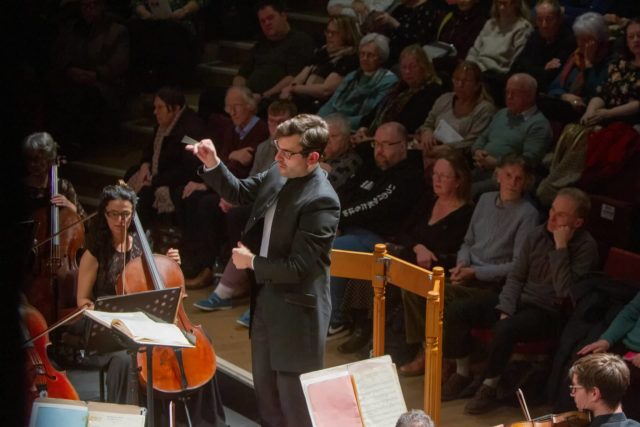
I apologise to any more musically-knowledgeable if this wasn’t the case. Perhaps I’ve been trying to turn the music of these big symphonies into words, rather than simply ‘feeling’ them, and waiting until those feelings resolve themselves into words in my head. But I was struck by how hard the orchestra were concentrating on each other, and how Mr Thomas was conducting them in a very connected and personal way, very clear-headed and precise. And I loved the way they were responding to him. And I simply responded myself to them all. I think I’ve never seen the IWSO working together so totally and playing so beautifully.
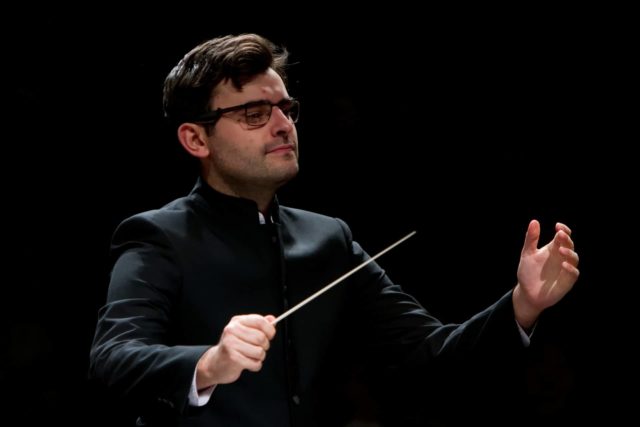
At the end, I was happily exhausted, and the audience around me were all talking together excitedly about how much they had enjoyed the whole evening. I really felt that I’d been present at a momentous event, and that I had witnessed early signs of two future bright stars, as well as an established orchestra transcending itself. Well done, everyone. Keep up the good work. I look forward to seeing more, and continuing to struggle to produce words that express my admiration and enjoyment of your efforts.
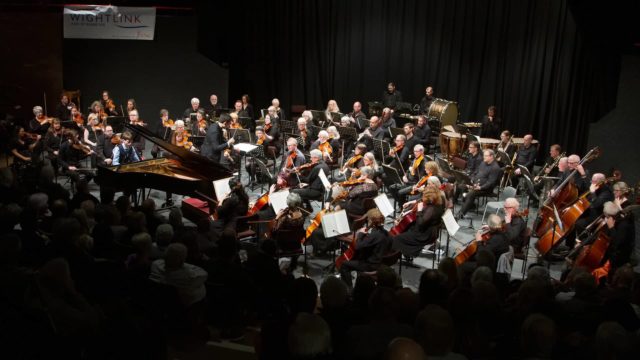
As always, I have relied on and plundered the excellent programme notes written by Phillip Littlemore, without whom my slender efforts at reviewing would falter even more than usual.
Next Concert
The IWSO returns on Saturday 18th March 2023 at 7:15pm at the Medina Theatre, with the Variations on a Theme of Haydn by Brahms, and an Oboe Concerto by Strauss, played by Fergus McCready, followed by Tchaikovsky’s Third Symphony, with which I’m not as familiar as his 5th and 6th. I’m really looking forward to all that. Marvellous. I can’t wait.
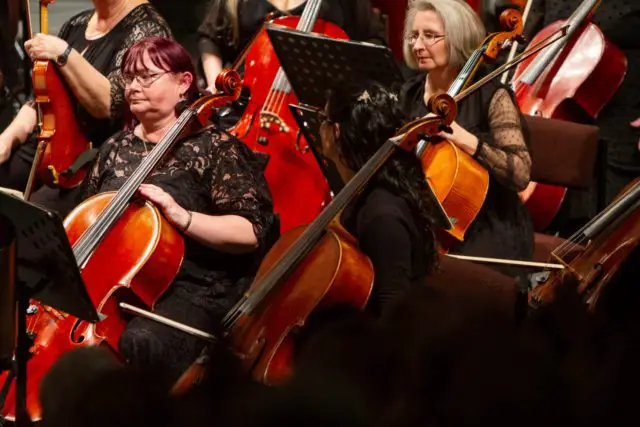
I’m sure there’ll be a full house again, so get your tickets as soon as you can, or better still go for a season ticket. It’ll be worth it.
See you there! And have a great Spring!

